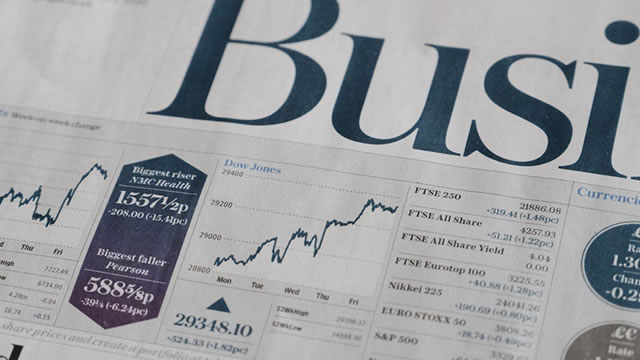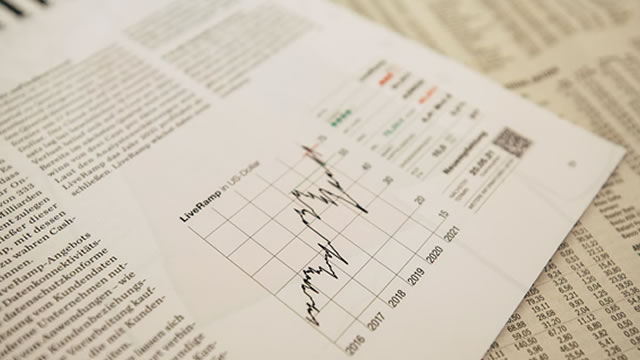The Waning Appetite for “Buying the Dip”: A Troubling Sign for Investors
In the rollercoaster ride that is the stock market, the term “buying the dip” has long been a mantra for investors seeking to capitalize on temporary price drops. This strategy, which involves purchasing stocks at lower prices with the expectation of a rebound, has served as a reliable source of returns for many. However, recent market trends suggest that this time-tested approach may be losing its appeal.
A Shift in Market Sentiment
The pandemic-induced market volatility has left many investors feeling queasy about dipping their toes in the stock market. With economic uncertainty looming large and geopolitical tensions simmering, the allure of buying stocks on the cheap has waned. According to a recent survey, a significant number of investors have expressed their reluctance to buy stocks during market dips, citing fear and uncertainty as their primary reasons.
The Impact on Individual Investors
For individual investors, this shift in market sentiment could mean missed opportunities for potential gains. By shying away from buying the dip, investors may be denying themselves the chance to profit from temporary price drops. Moreover, this reluctance could lead to a missed opportunity to rebalance their portfolios, potentially exposing them to undue risk.
- Lack of Diversification: By avoiding buying the dip, investors may be missing out on opportunities to diversify their portfolios, potentially leaving them overexposed to certain sectors or stocks.
- Missed Opportunities: The inability to buy the dip could result in missed opportunities for significant returns, particularly in a bull market.
- Fear and Uncertainty: The fear and uncertainty that drives investors away from buying the dip can be detrimental, as it often stems from irrational market reactions that do not reflect the underlying fundamentals of the companies in question.
The Impact on the World
The waning appetite for buying the dip is not just an issue for individual investors. This trend could have far-reaching consequences for the global economy. For instance, a decrease in buying activity during market dips could lead to a reduction in liquidity, potentially exacerbating market volatility.
Moreover, a lack of confidence in the market could deter institutional investors from entering the market, leading to a further decrease in buying activity. This could result in a self-reinforcing cycle of declining market participation and increasing volatility, potentially leading to a prolonged bear market.
Conclusion
The waning appetite for buying the dip is a troubling sign for investors, both individual and institutional. This trend could lead to missed opportunities for gains, a lack of diversification, and increased market volatility. To mitigate these risks, investors should consider adopting a long-term investment strategy, focusing on the underlying fundamentals of the companies in their portfolios, and being prepared to capitalize on temporary market dips. By doing so, they can weather the storms of market volatility and emerge stronger on the other side.
In the face of economic uncertainty and geopolitical tensions, it is essential for investors to remain calm and focused on their long-term investment goals. By embracing the time-tested strategy of buying the dip, investors can position themselves to capitalize on temporary market corrections and build wealth over the long term.





